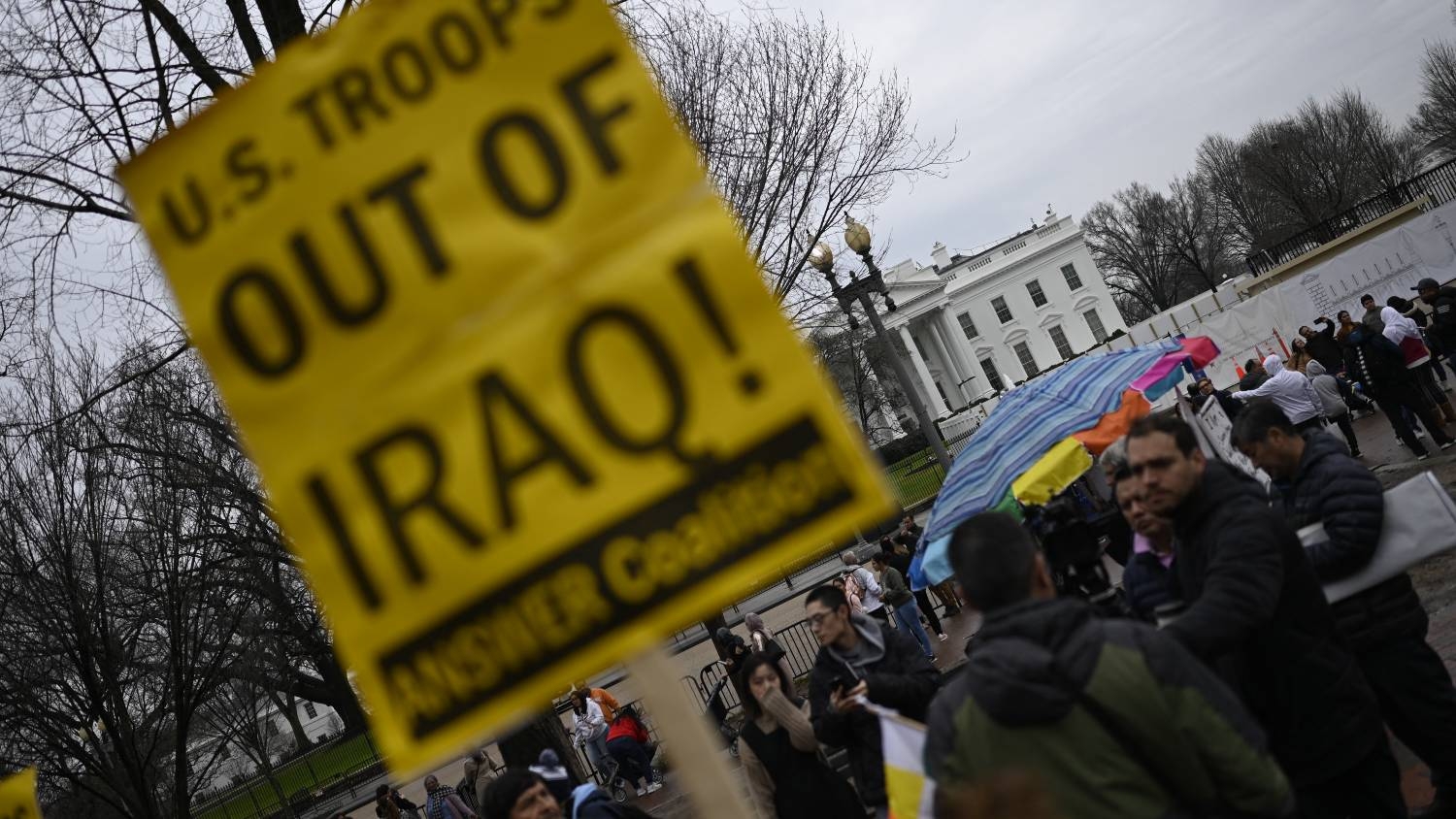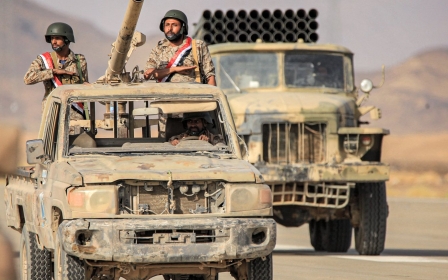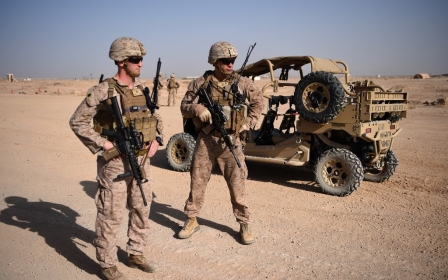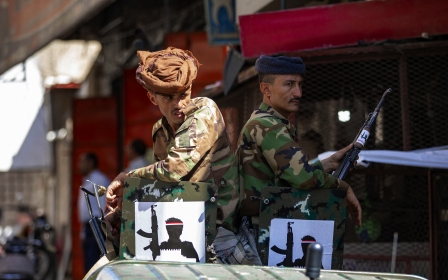Anti-war coalition presses US Congress to repeal 2002 Iraq war authorisation

A coalition of anti-war groups and rights organisations have signed a letter urging congressional leadership to put forth a measure to repeal the 2002 Authorization for the Use of Military Force (AUMF) for Iraq.
The letter, sent to senators Chuck Schumer, Mitch McConnell, and Patrick Leahy, as well as Congresswoman Nancy Pelosi and Kevin McCarthy, among others, urged the lawmakers to take action on what it referred to as a "long overdue repeal".
As of Wednesday, 37 organisations had signed the letter.
"Repealing this outdated and unnecessary law would constitute a basic act of constitutional hygiene while also ensuring that the 2002 Iraq AUMF cannot be misused to breathe new life into an unforeseen national security crisis, driven by an unchecked president," the letter said.
"This scenario has already played out once, in early 2020; there is nothing to prevent it playing out again, until Congress takes the 2002 Iraq AUMF off the books."
The AUMF is a resolution passed by Congress that gives the president the ability to wage military action, without the need for Congress' approval, as laid out in the specific terms set in the measure.
The 2002 AUMF authorised the use of armed forces against Saddam Hussein's government, which the US did when it invaded Iraq in 2003. But since then, the AUMF has been used by successive US presidents despite the war in Iraq having ended.
The 2002 AUMF was cited by the former Donald Trump administration as the legal justification for the 2020 US strike that killed top Iranian general Qassem Soleimani.
But while US President Joe Biden has signalled a willingness to repeal the 2002 AUMF, Congress has yet to pass a resolution to do so.
A measure aimed at repealing the authorisation was put forth in the House's version of the National Defense Authorization Act (NDAA). However, no such measure was included in the Senate version and it was ultimately left out of the final resolution last week.
The letter states that there are still multiple avenues to repeal the longstanding war authorisation and rein in the executive branch's war-making abilities. One such way could be through a standalone bill.
Another way could be by including the repeal in the omnibus spending bill, the year-end legislative package that sets the government's budget. Lawmakers need to come up with a spending measure by Friday in order to avert a government shutdown.
"In repealing the 2002 Iraq AUMF – whether by standalone vehicle or through the omnibus spending package – Congress would finally reclaim its constitutional war powers in a manner both deeply significant and increasingly uncontroversial. We urge you to seize this opportunity to get it off the books for good."
Still, even if the 2002 AUMF is repealed, the wider-ranging 2001 AUMF that was passed following the 9/11 attacks will continue to be in place.
The open-ended nature of the 2001 AUMF has allowed multiple presidents to wage war against a number of groups, including al-Qaeda, the Taliban, al-Shabab, and Islamic State (IS).
It has been applied in countries including Afghanistan, Iraq, Syria, Libya, Somalia, and Yemen.
Middle East Eye propose une couverture et une analyse indépendantes et incomparables du Moyen-Orient, de l’Afrique du Nord et d’autres régions du monde. Pour en savoir plus sur la reprise de ce contenu et les frais qui s’appliquent, veuillez remplir ce formulaire [en anglais]. Pour en savoir plus sur MEE, cliquez ici [en anglais].





